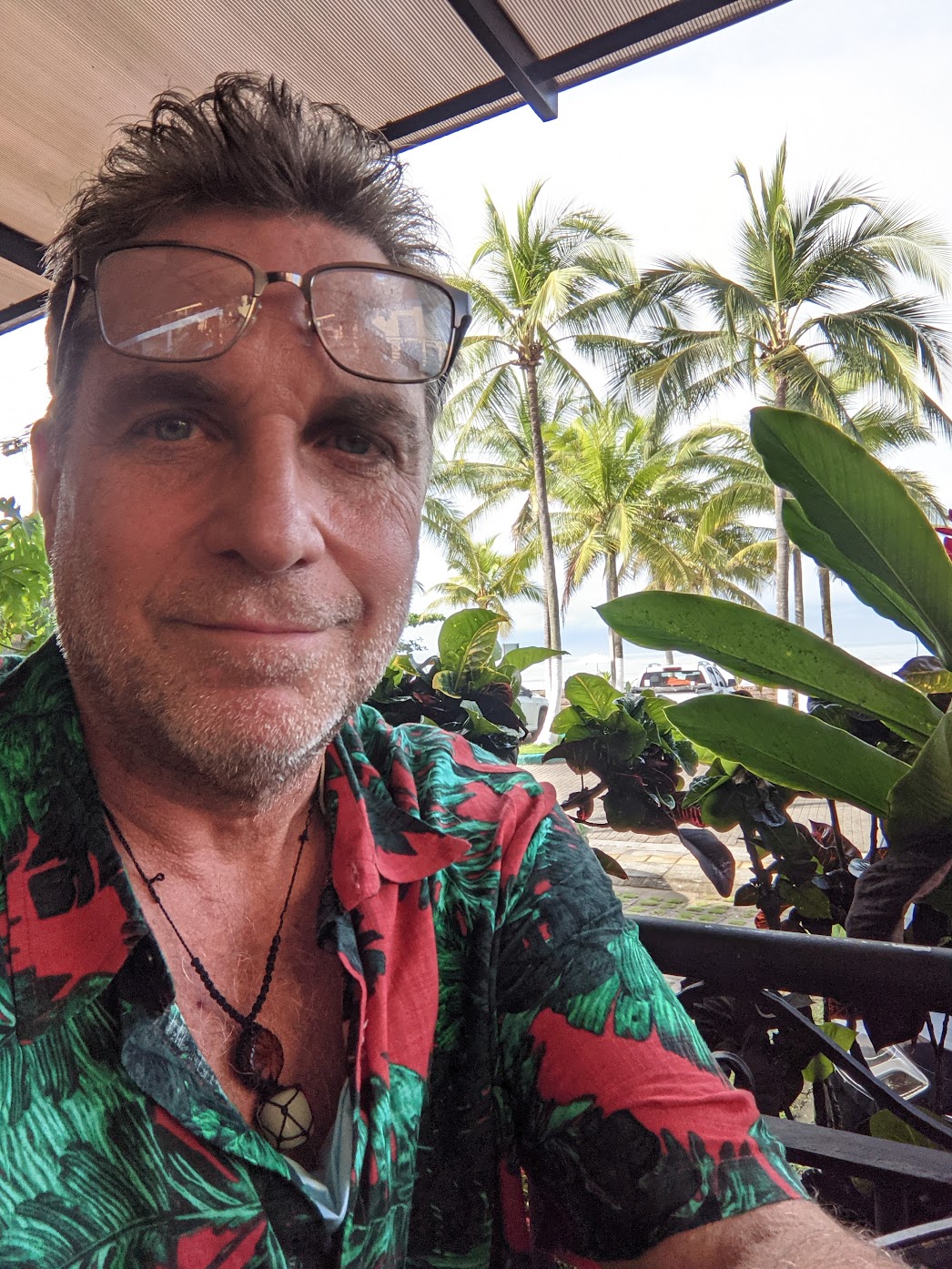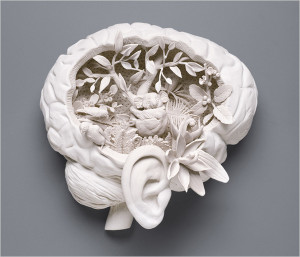Is There an Ecological Unconscious?
I find that this subject is one of the more revealing issues of our time. A place that requires us to reshape our understanding and meaning of ‘environment’. Read this great article on the link between our human psyche and the Earth.
+++
The terms in which ecopsychology pursues this admittedly ambitious goal are steeped in the field’s countercultural beginnings. Ecopsychology emerged in the early 1960s, just as the modern environmental movement was gathering strength, when a group of Boston-area graduate students gathered to discuss what they saw as the isolation and malaise infecting modern life. It had another brief period of efflorescence, particularly on the West Coast and among practitioners of alternative therapies, in the early ’90s, when Theodore Roszak, a professor of history (he coined the word “counterculture”) published a manifesto, “The Voice of the Earth,” in which he criticized modern psychology for neglecting the primal bond between man and nature. “Mainstream Western psychology has limited the definition of mental health to the interpersonal context of an urban-industrial society,” he later wrote. “All that lies beyond the citified psyche has seemed of no human relevance — or perhaps too frightening to think about.” Ecopsychology’s eclectic following, which includes therapists, researchers, ecologists and activists, still reflects these earlier foundations. So does its rhetoric. Practitioners are as apt, if not more apt, to cite Native American folk tales as they are empirical data to make their points.
Yet even as it remains committed to its origins, ecopsychology has begun in recent years to enter mainstream academic circles. more …
Similar Posts:
- Sustainability is Only for the Rich
- Alice’s Mirror and the Great White Elephant
- Religion is the Unseen Barrier to Effective Collaboration
- Vic on Keepin' it Green – the Color of "Sustainable Innovation"
- Is Sustainable Commerce an Oxymoron?
















 Inquiry: Starting everyone of my questions with ‘open ended’ question words including the 6 ‘W’s: WHY is it this way, WHAT is it exactly, (w)HOW does it work, WHO is involved, WHEN is it enacted, WHERE does it reside or show up. In this way, your research will expand from isolated assumptions into broader understandings and improve data outcomes.
Inquiry: Starting everyone of my questions with ‘open ended’ question words including the 6 ‘W’s: WHY is it this way, WHAT is it exactly, (w)HOW does it work, WHO is involved, WHEN is it enacted, WHERE does it reside or show up. In this way, your research will expand from isolated assumptions into broader understandings and improve data outcomes. A more challenging but (in my view) more fun part of development, is enabling your research into a ‘social performance’ process for creating social capital and social innovation. This is done through 3 phases as follows (note ‘phases’ are different than ‘stages’):
A more challenging but (in my view) more fun part of development, is enabling your research into a ‘social performance’ process for creating social capital and social innovation. This is done through 3 phases as follows (note ‘phases’ are different than ‘stages’):